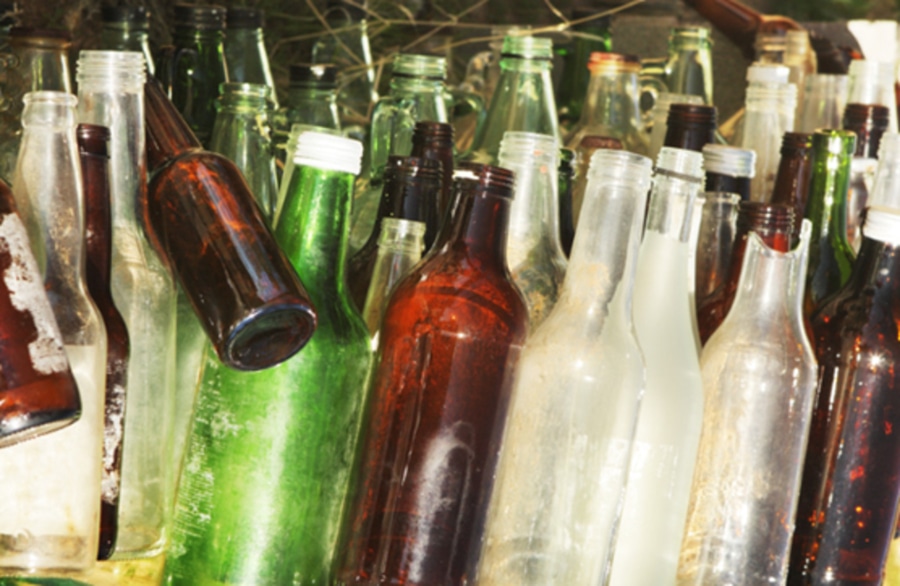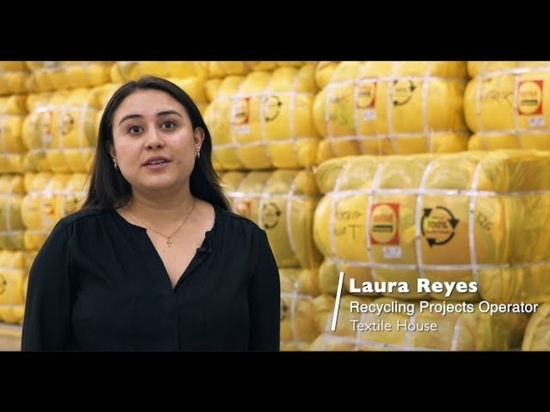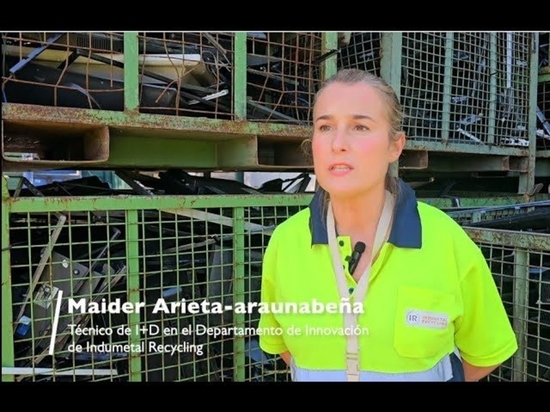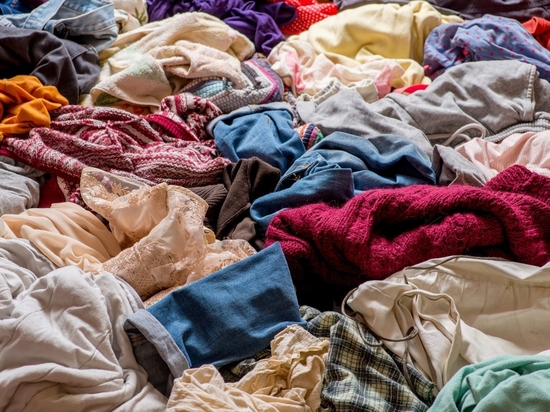
#Industry News
GLASS RECYCLING: APPLICATIONS AND TECHNOLOGIES
GLASS RECYCLING: APPLICATIONS AND TECHNOLOGIES
Glass is a 100% recyclable material with a high potential to be reused, making it a sustainable and responsible solution for the future. Increasingly, companies like PICVISA are developing technologies that allow different types of materials to be automatically separated and classified, in order to recycle them effectively.
APPLICATIONS OF RECYCLED GLASS
Glass recycling is a process that is being carried out with great success in several countries around the world. Germany, Sweden and Belgium, among others, are renowned for their efficient recycling system and commitment to the environment.
The applications of recycled glass are varied and diverse. One of the best-known applications is the manufacture of new glass products, such as bottles, glasses and other similar products. In addition, recycled glass is also used in the construction industry, in the manufacture of ceramic products and in the manufacture of insulating products, for example.
And they also highlight new industrial applications for recycled glass, such as ship cleaning. Recycled glass is a soft and effective abrasive material that can be used to remove dirt and rust from the surface of ships. It is an environmentally friendly alternative to abrasive chemicals, as it does not contain toxic products or damage the surface of the ship. This is the case of the project we carried out together with ECOGRIT GLASS, for the cleaning of Zamakona Yards.
INTEGRATING RECYCLED GLASS INTO THE CIRCULAR ECONOMY BY SECTOR
Although countries such as Germany, Sweden and Belgium are highly recognized for their efficient recycling system and their commitment to the environment, many other countries are also international references in cases of recycled glass applications.
Five examples of some of the markets in which PICVISA works in glass recycling are:
Portugal: Portugal is a benchmark in the application of recycled glass in construction. In the country, recycled glass is used for the manufacture of building blocks and coatings, which reduces the need for raw materials and increases energy efficiency in construction. In addition, Portugal is also investing in the research and development of new applications for recycled glass. In its commitment to sustainability, Portugal is also investing in circular bioeconomy in areas such as textiles, footwear or forestry.
Norway: Norway is one of the leading countries in the application of recycled glass in the automotive industry. Most car manufacturers use recycled glass in the production of their vehicles, a commitment to the circular economy and increased energy efficiency.
Denmark: Denmark is a pioneer in the application of recycled glass in agriculture. Recycled glass is used for the manufacture of substrates for crops and in the construction of greenhouses. This helps improve soil quality and reduce the need for fertilizers and pesticides.
Netherlands: The Netherlands is also at the forefront of the application of recycled glass in the textile industry. Recycled glass is used for the manufacture of fiberglass, which is used in the production of clothing and other textile products. In general, Northern Europe tops the sustainability lists in the textile sector with the technological solutions implemented in this sector.
Turkey: Turkey is a powerhouse in the application of recycled glass in ceramic production. Recycled glass is used as an ingredient in the manufacture of ceramic tiles and floors, helping to reduce environmental impact and increase energy efficiency.
Brazil: Brazil is known for its leadership in the application of recycled glass in the production of sporting goods. Recycled glass is used for the manufacture of products such as soccer balls and other sports equipment. Its commitment to the environment goes beyond glass, and its aluminum recycling projects made it a world leader in aluminum can recycling in 2021.
TECHNOLOGY FOR GLASS RECYCLING
PICVISA is one of the leading companies in the glass recycling sector, with 20 years of experience in the design and manufacture of optical separation equipment such as ECOGLASS (now with a new design), as well as in the knowledge of the needs and requirements of the process. Therefore, we can offer a global vision that positions us as one of the main players in this market.
Innovation is the basis of the growth of PICVISA and therefore, over the years, ECOGLASS has evolved with the introduction of constant improvements that allow to obtain efficacy and purity rates above 95%.
The new ECOGLASS improvements include:
New software developments that improves performance
New modular chassis design that improves access to maintenance and equipment robustness.
Cabinets with conditioned chamber to improve working stability in the event of significant temperature variations.
Simplification of basic maintenance operations.
Sensor module with flow meter to monitor compressed air consumption, power consumption or vibrations.
Redesign of options such as second blow bar, metal detector, etc.
Companies like PICVISA are leading the way in the application of glass recycling technologies. This and more information can be consulted directly on the page of our ECOGLASS or by contacting our commercial director.
Glass recycling is a sustainable and responsible solution for the future. Glass is a versatile and durable material that can be recycled infinitely without losing its properties, making it a valuable material for a more sustainable future. Let’s not forget that every ton of recycled glass avoids the emission of approximately 300 kg of CO2 into the atmosphere, so improving glass recovery processes and equipment it’s also caring for the environment.





